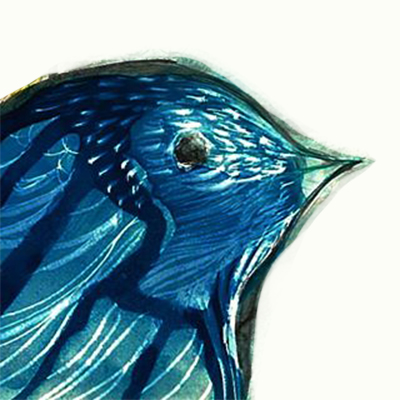This is an old chronicle, written originally in Spanish years ago, right before I migrated to Canada, when I was a rural teacher for a year, in Michoacan.
José Guadalupe has light, honey-colored eyes. He is tall, has a deep voice, he is 14 years old. He is in the 8th grade, to reach the school he walks an hour every morning, through the woods. His house is in the woods, a clean space, with peach trees, geraniums. There’s always a quiet complicity formed around him, and every other kid in the 8th grade, everyone at school, everyone who knows him, both adults and children, would jump in a second to defend him, and they do, and they love him. There’s something in Lupe, charismatic and clean, that moves the world to close ranks around him and no one, ever, talks bad about him behind his back, no one rats him out when he misbehaves, no one makes fun of him when he makes a mistake. We all like to be around Lupe because he radiates aplomb and sense of humor, and because his heart is gentle and light. Last week I stayed with his family (every week I stay in one of my student’s homes). The road to leave “La Cienega” is dry and dusty but then we go into the mountain, we walk on pine needle carpets and enjoy the shade from the trees. We have to crawl through 2 or 3 barbed wire fences along the way, “it’s a shame we have so many fences” Lupe says to me apologetically, as if the fences were somehow his fault, he asks to hold my backpack while I cross, he realizes it’s heavy because its full of books, and silently he keeps walking with my backpack on his shoulders, it doesn’t matter how many times I ask for him to give it back, he just smiles and keeps on walking. When we get to the outskirts of his house, he weights my backpack on the scale they use for the resin, “8 and a half kilos”, “quite a bit”. From then on, he never lets me carry the backpack, no matter how much I protest and feel ashamed.
I bought a chess set for the group, last week, and it was a success. The kids learned the rules of the game quickly and would leap to the board in every free corner of the school day, throughout recess and once classes were over. Lupe asked if he could borrow the chess set to take it home after school. There’s no T.V. in his house because there’s really no electricity either, the small solar plant is only enough for a couple of lightbulbs at night, and the blender, but that’s it. Last time I stayed at Lupe’s house, 4 months ago, it was the rain season, and I remember spending the afternoon with Lupe, his mom, his older brother and younger sister, all of us sitting on the porch on a long wooden bench, playing innocently a contest in which, whoever says “yes”, or “no”, is out and loses the game. This time around Lupe and his brother Paco spent the evenings hunched over the chess board. At night his mom, a sweet woman with blue eyes and black hair, would pour hot guava tea for us, give us bread. Nights were cold, Lupe’s older brothers would seat silently around the clay stove, their hands darkened by resin, the marks of hard labour. Lupe’s dad would wear huarache sandals in the freezing air. He has the same wholesomeness and the same heart as his kids, and the same strength. A violent man only a few families told me about in secret used to live in the area, and the man always carried a high caliber rifle, he’d get drunk and shoot people over minor provocations, he killed many, everyone was scared of him. I was told Lupe’s dad confronted him once, and the violent man didn’t shoot, just left saying “you’re brave”. Finally, the army caught up to the man, and he died firing his rifle, and now he is just a distant story only some people talk about, in a quiet voice. Lupe’s dad doesn’t talk about these things, he talks innocently about other things, of working illegally in the States and how he crossed the desert at the border and spent two days without food or water, of the pilgrimage to Mexico’s main cathedral, walking from Michoacan to Mexico City twelve hours a day, for ten days, of his work collecting resin, of the deer he sees walk by sometimes very close to him in the woods, and how he never has wanted to kill them.
If you ever feel any kind of darkness pulsing inside, any sorrow or bitterness, go spend a couple of days in Lupe’s home, in that clean space with its geraniums and peach trees, protected by the mountains and an abundance of trees during the day, and an abundance of stars at night. Go spend an evening sitting around that kitchen’s clay stove, and look into a world that beats tenderly, a world without shadows.
On my way back to Morelia on the rickety bus that rattles through the potholes, looking out the window at the avocado orchards, the pine trees, I remember being aware of my happiness. A happiness without frills, incomplete; a soft awareness resting on deep, gentle pools, when I think about Lupe’s home, and the hands of Lupe’s older brothers, darkened by resin, and Lupe’s mom taking photos from a drawer to show me their family’s history, and Lupe’s dad using huarache sandals in the freezing air at night, and Lupe carrying my backpack, and the kids playing chess during recess.


